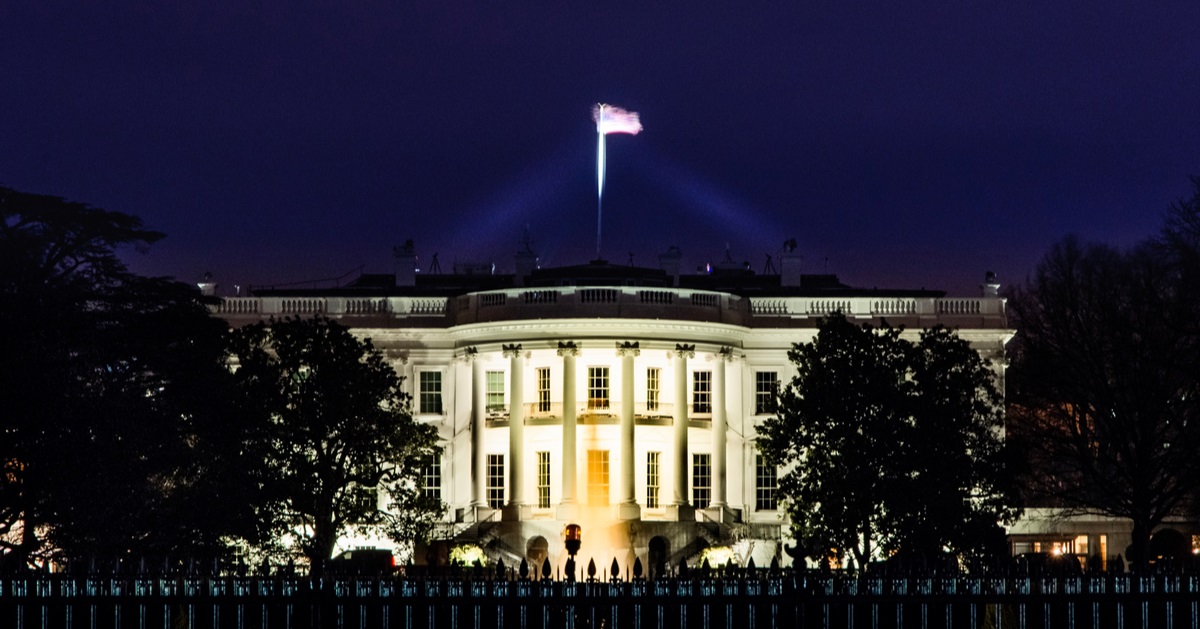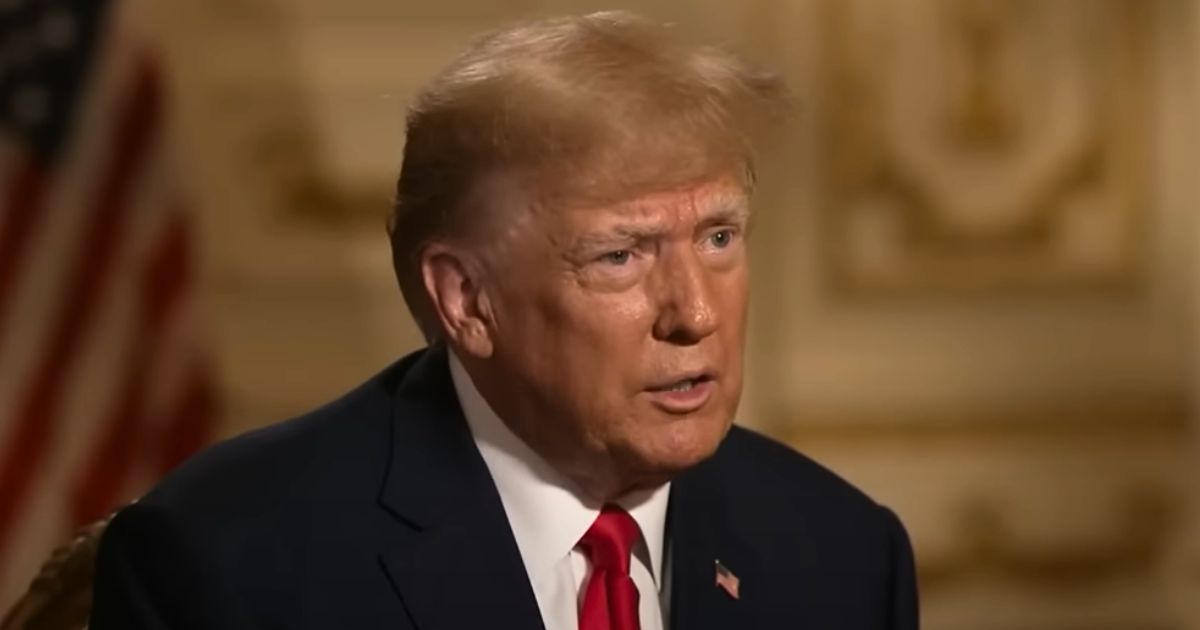Political Billboard At North Carolina Church Ignites Local Controversy
The digital billboard situated at The People's Baptist Church in Greenville, North Carolina, became the center of local contention due to its controversial political statements on immigration and other issues.
In the weeks leading up to the election, The People’s Baptist Church's billboard messages stirred significant debate and criticism from the Greenville community, Daily Caller reported.
The tension began when the church displayed messages including “Free healthcare for illegals is on the ballot” on its digital billboard. These messages notably surfaced in late October, at a time when election campaigns were intensifying across the state.
Local Responses To The Church's Political Messaging
Many residents found the term “illegals” offensive, sparking discussions on decency and the role of churches in political discourse. Jessi Melendez, a local from the area, was particularly vocal about her disapproval. She emphasized that such language dehumanized people and contrasted sharply with what she believed should be the church's welcoming and accepting role.
Melendez’s frustrations were echoed throughout the community, whose demographic includes a significant number of Latino residents. Despite airing her concerns, she reported that the church did not respond directly to her complaints.
Pastor Defends The Billboard’s Legal Stance
While the billboard messages ended up being removed, the debate they triggered lingered. Pastor Tim Butler of The People’s Baptist Church defended the billboards, asserting that they encouraged the local community to consider the upcoming election issues more critically. He mentioned that all the items displayed were indeed pertinent to the voters and placed legally within the church's rights to discuss factual and election-related issues.
According to federal law, while churches are allowed to lobby on ballot measures, they must steer clear from engaging directly in political campaigns. The church maintained that its messages fell within legal boundaries and were aimed solely at informing the community.
Support Within The Church Community
Amid the backlash, not all feedback was negative. Sandy Moyer, a member of The People's Baptist Church, supported the use of the term "illegal," stating that it was a legal term applied to actions, not individuals. Moyer pointed out that discussing controversial topics helps identify and address community issues, a process she sees as a fundamental American right.
Despite the support from some churchgoers, the wider public outcry highlighted a deep divide in the local community's expectations of church roles within political debates.
Next Steps For Community Healing
The controversy over the billboard at The People's Baptist Church in Greenville sheds light on the sensitive nature of political discourse in community spaces. It also raises questions about the balance between free speech and respect for all community members within religious settings.
The dialogue initiated by this incident may encourage both church leaders and residents to engage more thoughtfully in future discussions on political and social issues, potentially guiding better practices for church involvement in political matters. Meanwhile, the church's experience serves as a case study for communities nationwide on the consequences of mixing spiritual leadership with politically charged messages.
As Greenville moves past the election season, reflection on this episode could help foster a more inclusive atmosphere, requiring conversations that may bridge the divides exacerbated by such public controversies. The community’s journey toward reconciliation will likely be watched closely by other religious communities grappling with similar issues across the country.




